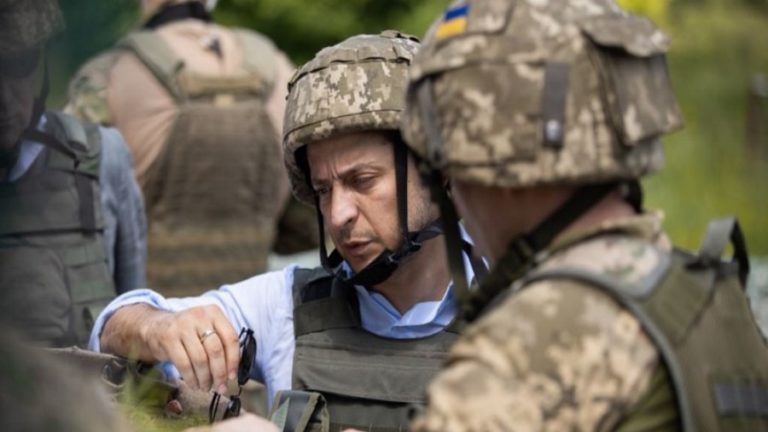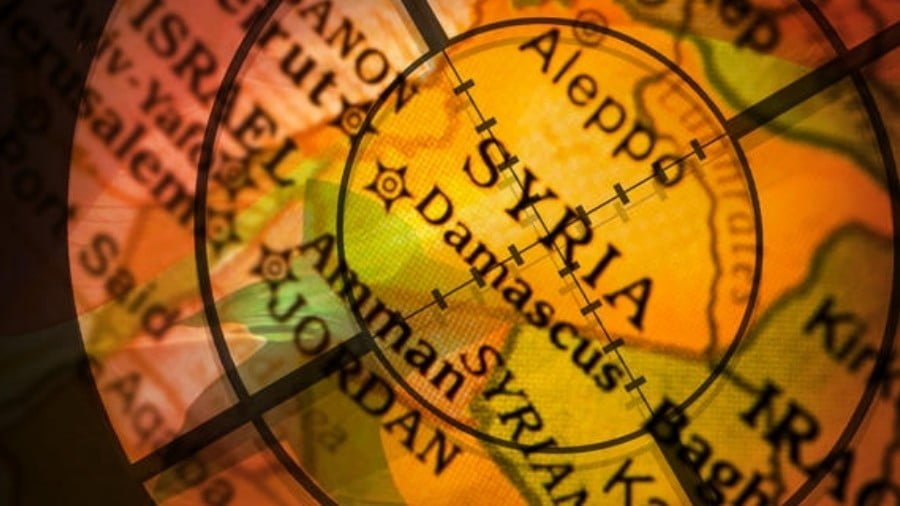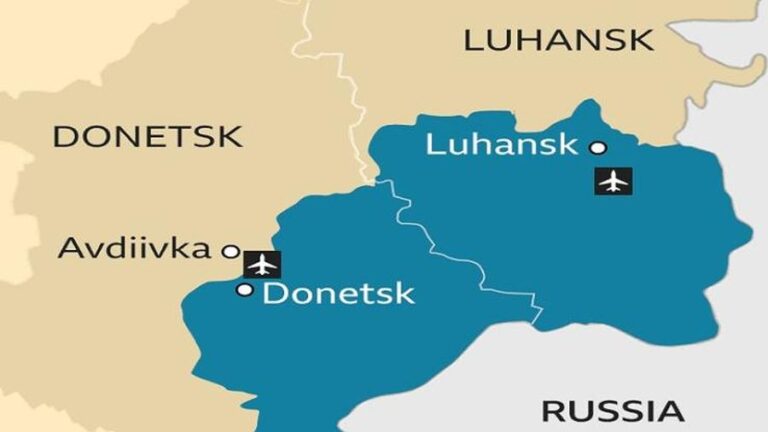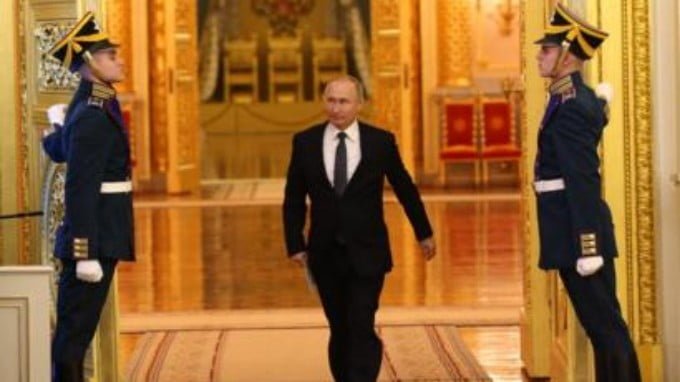Revealed: Iran’s Khomeini had secret dealings with US in 1979

By Joseph Fitsanakis
Source: intelnews.org


By Joseph Fitsanakis
Source: intelnews.org

President Lukashenko’s claim last week that his special services busted a Ukrainian-armed and opposition-led terrorist cell that was plotting attacks all across the country raises questions about the degree of Zelensky’s complicity in this regional destabilization operation. “Shadow NATO’s” Regional Terrorist Plot Belarusian President Lukashenko made headlines late last week after he announced that his…

In all the political drama taking place in the US as a result of the attempted color revolution against Trump, the bigger picture sometimes gets forgotten. And yet, this bigger picture is quite amazing, because if we look at it we will see irrefutable signs that the Empire in engaged in some bizarre slow motion…

Trump is continuing the same foreign policy as the Obama Administration on Syria to remove its President, Bashar al-Assad from power. The Trump Administration claims that they are still serious threats of ISIS and other terrorist groups within Syria. Ironically, Trump also claimed in a number of occasions that it was the U.S. that had…

Quite curiously, both the Mainstream Media and the Alt-Media Community – the latter of which is largely regarded as Russian-friendly – seem to tacitly agree that President Putin will either ultimately recognize those republics despite regarding that as a detrimental decision or will hopefully do so for reasons that they agree with, respectively. The author…

The US’ strategy has been to isolate Russia internationally. Evidently, it is Washington that is becoming more isolated on the global stage. This week in the run-up to the G20 summit in Germany, the reverse in fortunes could not be more glaring. While North Korea was openly defying Washington with a breakthrough ballistic missile test,…

There is particular danger at the moment that powerful political alignments in the United States are pushing strongly to exacerbate the developing crisis with Russia. The New York Times, which broke the story that the Kremlin had been paying the Afghan Taliban bounties to kill American soldiers, has been particularly assiduous in promoting the tale…